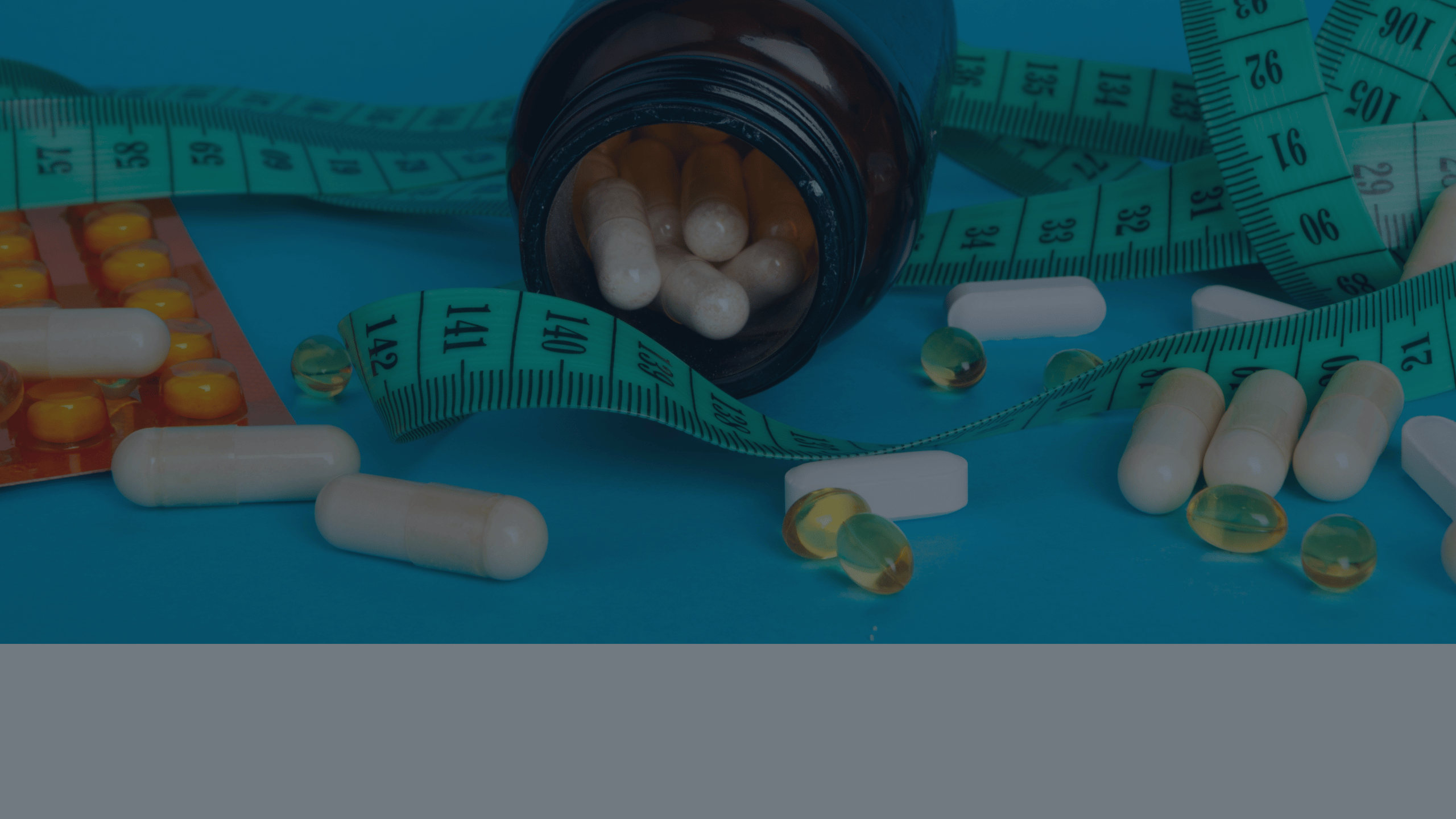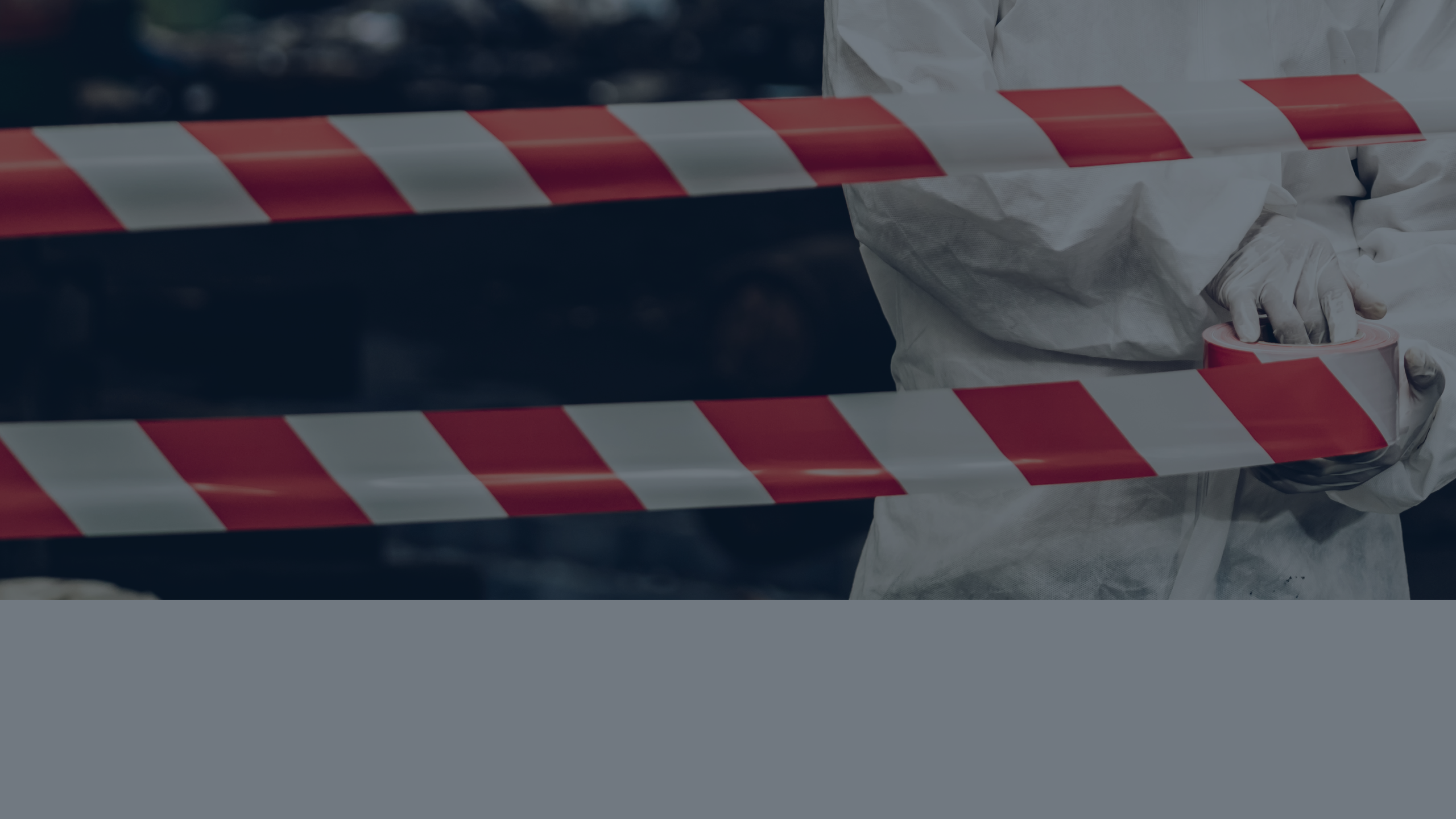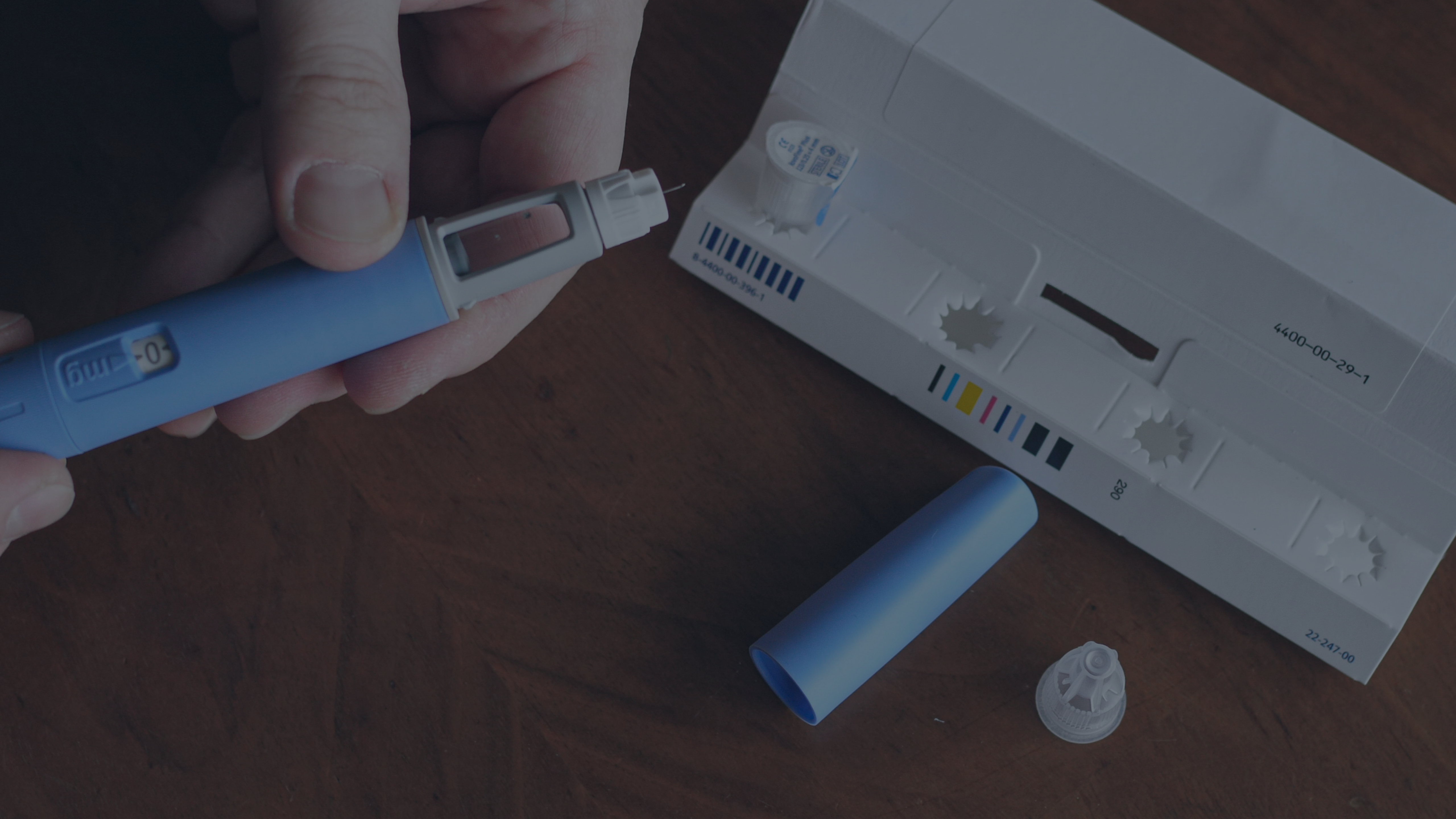The Netherlands is a major international trade and commerce gateway with a highly developed import and customs landscape. The country has a modern and efficient customs administration and is home to one of the busiest ports in the world, the Port of Rotterdam.
The region also has a long history of conducting clinical research and is known for its high-quality healthcare infrastructure and research expertise.
Some key factors contributing to this include; a supportive regulatory environment, robust infrastructure, experienced workforce, and access to patient populations contribute to its global appeal for clinical trials. Consequently, the Netherlands has a well-developed and favorable clinical trial landscape.
What makes the Netherlands a good destination for clinical trials?
Supportive regulatory environment: The Dutch regulatory agency, the Medicines Evaluation Board (MEB), is known for its collaborative approach to drug development and innovation. The MEB is committed to facilitating the development and approval of new drugs and provides streamlined processes for clinical trial applications. Additionally, the Central Committee on Research Involving Human Subjects (CCMO) oversees the ethical aspects of clinical trials.
To conduct a clinical trial in the Netherlands, sponsors must obtain approval from both the MEB and the CCMO. The approval process involves submitting a clinical trial application with detailed information on the trial design, study population, investigational medicinal product (IMP), and safety monitoring plan. The application must also include information on the qualifications and experience of the investigators and the ethical considerations of the trial.
In addition to the approval process, there are several other regulatory requirements for clinical trials in the Netherlands. These include:
- Compliance with Good Clinical Practice (GCP) standards are internationally recognized ethical and scientific requirements for designing, conducting, recording, and reporting clinical trials.
- Compliance with Good Manufacturing Practice (GMP) standards for manufacturing, testing, and releasing IMPs.
- Registration of the clinical trial in the European Union Clinical Trials Register (EudraCT) database.
- Adherence to reporting requirements, including reporting serious adverse events (SAEs) to the MEB and CCMO and submission of annual safety reports.
- Compliance with data protection regulations, including the General Data Protection Regulation (GDPR) and the Dutch Personal Data Protection Act (Wbp).
Robust infrastructure: The country has a strong healthcare infrastructure, with well-established academic medical centers, hospitals, and research institutions . Examples of such institutions include:
- Erasmus Medical Center (Erasmus MC) – Located in Rotterdam, Erasmus MC is the largest university medical center in the Netherlands and one of the leading academic medical centers in Europe.
- Academic Medical Center (AMC) – Located in Amsterdam, AMC is one of the largest and most prestigious academic medical centers in the Netherlands.
- Leiden University Medical Center (LUMC) – Located in Leiden, LUMC is a leading academic medical center that focuses on research, education, and patient care.
- Radboud University Medical Center (Radboudumc) – Located in Nijmegen, Radboudumc is a leading academic medical center that specializes in patient care, research, and education.
- University Medical Center Utrecht (UMCU) – Located in Utrecht, UMCU is a leading academic medical center that focuses on research, education, and patient care.
- Maastricht University Medical Center (MUMC+) – Located in Maastricht, MUMC+ is a leading academic medical center that focuses on patient care, research, and education.
- These institutions are known for their excellence in medical research, innovation, and patient care, and they attract top talent from around the world.
The country also has a high level of health literacy, which also helps to support patient recruitment and retention in clinical trials.
Experienced workforce: The region has a highly skilled and experienced workforce in clinical research, with many professionals trained in clinical trial design, management, and analysis. Additionally, many professionals in the Netherlands are fluent in English, making it easier for international sponsors to conduct trials there.
Access to patient populations: The state has a relatively small but distinctive population, including significant elderly and pediatric patients. This makes it an attractive location for clinical trials across various therapeutic areas.
A supportive regulatory environment, robust infrastructure, an experienced workforce, access to patient populations, and favorable reimbursement policies characterize the clinical trial landscape.
These factors make the Netherlands an attractive location for clinical trials and have helped to establish the country as a leading destination for drug development and innovation.
What are the challenges for clinical trials in the Netherlands?
While the Dutch import and customs landscape is generally favorable, some distinct challenges are still associated with importing goods into the country. Some of the key challenges include:
Customs clearance: The Netherlands has strict customs regulations, which can lead to delays and additional costs associated with customs clearance and import duties. It is crucial to ensure that all necessary documentation is completed accurately and submitted promptly to avoid delays.
Some of the customs requirements in the Netherlands include the following:
- Clinical Trial Application (CTA): The CTA must be submitted to the CCMO for approval before the trial begins. The CTA must consist of a detailed description of the study design, methodology, and any risks involved in the trial.
- Ethics Committee Review: An independent Ethics Committee (EC) must review and approve the trial protocol before submitting the CTA to the CCMO. The EC ensures that the study meets ethical standards and that the participant’s rights and welfare are protected.
- Investigational Medicinal Product (IMP) Importation: Any IMPs used in the trial must comply with the Dutch Medicines Act and be authorized for use in the EU. The sponsor is responsible for obtaining the necessary import licenses and permits from the Dutch Customs authorities.
- Good Clinical Practice (GCP) Compliance: The trial must be conducted in compliance with the International Conference on Harmonization.
Language barriers: While many professionals in the Netherlands are fluent in English, there may still be language barriers to overcome when importing goods, especially if dealing with customs officials or logistics providers who do not speak English.
While English language labeling for clinical trials may not necessarily be a roadblock. In the Netherlands, it is essential to consider regulatory requirements, informed consent, site staff, and investigator understanding in conjunction with local customs and preferences – particularly when determining the appropriate language for labeling in a clinical trial conducted in the region. It may be necessary to provide translations in Dutch or other relevant languages to ensure effective communication and compliance with local regulations and practices.
Cost: Importing goods can be expensive, especially when factoring in customs duties, transportation costs, and storage fees. Importers may need to carefully manage their budgets to ensure they can import the goods they need.
Compliance: Ensuring compliance with Dutch import regulations can be challenging, especially when dealing with controlled substances or other highly regulated materials. Compliance requirements can vary depending on the material being imported, so it is important to have a thorough understanding of the relevant regulations. Specific compliance features include:
- Local representation: If you are conducting clinical trials in the Netherlands, you may need to appoint a Local Representative/Importer of Record (IOR) or Exporter of Record (EOR), depending on the specific circumstances of your trial.
For the Importer of Record (IOR) and Exporter of Record (EOR) requirements in the Netherlands, the local representative must be a company or individual registered for VAT. The IOR is responsible for providing all necessary documentation to Dutch customs authorities, paying applicable import duties or taxes, and ensuring proper storage and handling of trial materials while obtaining required permits or licenses. The EOR, on the other hand, is responsible for providing all necessary documentation to customs authorities in the destination country, complying with applicable export regulations, properly packaging and labeling trial materials, and obtaining any necessary permits or licenses.
It is important to note that the specific requirements for appointing an IOR and EOR may vary depending on the type of clinical trial, the trial materials being imported/exported, and other factors. You should consult with a local regulatory expert or legal advisor to ensure you comply with all applicable regulations.
- Import Duties and Taxes: Import duties and taxes may apply to clinical trial materials imported into the Netherlands, depending on the type of goods and their country of origin. However, several exemptions and special arrangements may apply to clinical trial materials, which can help reduce the costs of importing them.
Generally, goods imported into the Netherlands from outside the EU are subject to customs duties and VAT. However, certain exemptions and relief schemes are available for clinical trial materials. For example:
- Duty-free import: Some clinical trial materials may be imported into the EU duty-free, provided they are intended for use in clinical trials and not for sale. This exemption applies to pharmaceuticals, medical devices, and laboratory equipment.
- VAT Relief: Fostering strategic partnerships with specialist suppliers can also offer VAT-saving solutions through this region.
- Special customs procedures: Businesses can also take advantage of special customs procedures, such as temporary admission or inward processing, to reduce the costs of importing clinical trial materials. These procedures allow goods to be imported into the EU without paying duty and VAT, provided they are re-exported within a specified period.
Based on these complexities, industry professionals and governing bodies have frequently expressed that importing medical devices into the Netherlands can be complex, requiring a thorough understanding of logistics and global supply chain processes and requirements. Furthermore, these agencies recommend collaboration with manufacturers, customs brokers, tax advisors, translation services, notified bodies, and insurance providers to ensure compliance and successful market entry of medical devices.
Ultimately it is important to work with experienced partners who understand the local regulations and can help to ensure compliance, streamline the import process, and take advantage of any available exemptions or relief schemes.
The TecEx Medical Solution
It is vital to work with experienced and knowledgeable partners, such as third-party service providers and a Qualified Person (QP), to ensure that all requirements are met and that the import process runs smoothly. And although the import process for clinical trials in the Netherlands can be challenging, proper preparation and attention to detail can help ensure the successful importation of IMPs for use in clinical trials.
TecEx Medical can project manage clinical trials from start to finish. Additionally, we offer VAT savings solutions and Import VAT recoverability.
This offers a more efficient and streamlined import and export process. Ultimately improving the operational function based on the specific needs of your trial.





